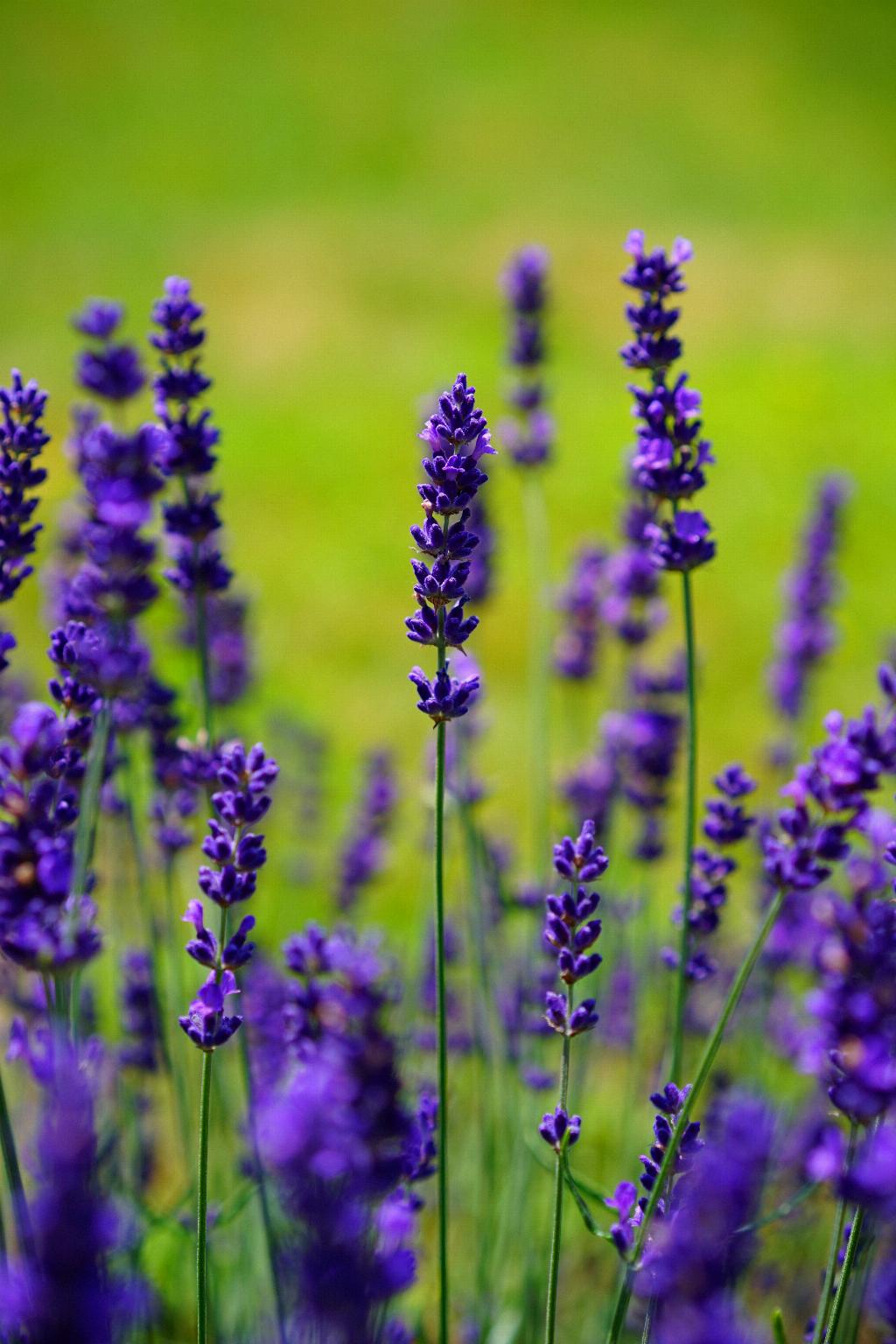When it comes to the well-being of our furry feline friends, it’s natural to be concerned about the plants and flowers in our living spaces. Lilacs, with their beautiful blooms and captivating fragrance, are a common garden favorite among many households. However, as a responsible cat owner, it’s important to consider whether lilacs are safe for our whiskered companions.
Introduction to Lilacs and Cats
Lilacs, belonging to the Syringa genus, are deciduous shrubs known for their stunning clusters of fragrant flowers that bloom in various hues ranging from pale lavender to deep purple. While lilacs are generally safe for common animals, it’s essential to understand that not all varieties of these plants are harmless to our feline friends.
Overview of Toxicity Risks
Although the common lilac plant, scientifically known as Syringa vulgaris, poses no significant threat to cats, it’s crucial to note that the Persian lilac of the Melia genus can be highly toxic to our purring pals. Ingesting parts of the Persian lilac can lead to severe consequences for cats, including gastrointestinal distress, muscle weakness, tremors, and even seizures.
Factors Influencing Safety
When it comes to ensuring the safety of our cats around lilacs, it’s essential to differentiate between the various types of lilac plants. While the common lilac is considered safe and non-toxic, the Persian lilac should be avoided in households with cats. To maintain a harmonious environment for your pets, it’s advisable to practice caution when choosing plant varieties.
Symptom Recognition
Recognizing the signs of lilac poisoning in cats is crucial for prompt intervention and treatment. Symptoms of lilac ingestion may include vomiting, diarrhea, drooling, lethargy, and in severe cases, seizures. If you suspect that your cat has consumed any part of a toxic lilac plant, immediate veterinary care is imperative.
Prevention and Management
To prevent accidental exposure to harmful lilac parts, consider keeping the toxic varieties out of reach of your curious cats. Additionally, if you discover that your cat has ingested lilac, contact your veterinarian immediately for guidance on the appropriate steps to take in managing the situation.
Alternative Pet-Safe Plants
For cat owners looking to create a pet-friendly indoor or outdoor garden, several non-toxic plant options are available. Plants such as catnip, spider plants, and bamboo palm make excellent alternatives to toxic varieties like the Persian lilac. Opting for cat-safe plants not only keeps your furry friends healthy but also adds a touch of greenery to your living spaces.
Conclusion
In conclusion, while common lilacs pose no significant threat to cats, it’s essential to exercise caution when it comes to toxic varieties such as the Persian lilac. By being aware of the potential risks, recognizing symptoms of poisoning, and taking proactive measures to prevent exposure, cat owners can create a safe and pet-friendly environment for their beloved feline companions. Remember, responsible pet plant ownership is key to ensuring the well-being of our four-legged family members.

